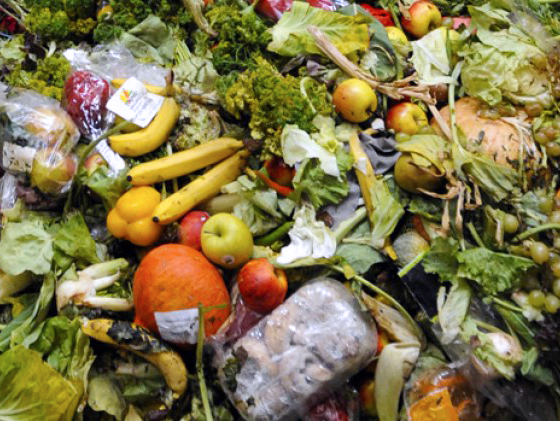In a major and widely-appreciated move, Italy has approved a bill that allows supermarkets and other establishments to send unsold food to charity organizations. With this initiative, Italy has joined a list of nations that are trying to fight food waste. The bill was overwhelmingly approved by both houses of the Italian Parliament. The Senate vote had 181 for and 1 against, completing a process that has its origins in 2016 with the first Italian legislation dealing with food waste.
The goal in 2016 was to cut the five million tons of food wasted every year by at least one million tons. Ministers have said that food waste is costing Italy’s business and households more than 13 billion euros each year or about one percent of the country’s Gross Domestic Product.
It can often be difficult for businesses to do good for others if there is no incentive for them. The only other European country with legislation in place banning food waste is France, which fines businesses who fail to donate leftover food. The Italian law is far more structurally sound and solution-based. It focuses far more on the ways in which the unsold food will be utilized, with steps to ensure that simply because it has not ended up in a supermarket dumpster, an obligation to get the food where it is needed still exists. One of the anticipated keys to success is that rather than Draconian fines for citizens that do not comply, Italy will reward those who do. One way is by providing garbage collection tax breaks to businesses that take part in this movement to avoid food waste. In essence, the more food they give away, the less tax they pay.
The new law also relaxes donation regulations. Italian businesses used to have to worry about violating health and safety laws by donating food just after its sell-by date. The procedures for giving away food were also quite complicated. Now retailers can give away food that is past its expiration date, but remains unspoiled. The new law also makes donating food easier by allowing businesses to record donations in a simple form every month. Along the same humanitarian lines, Italy’s highest court recently ruled that stealing small amounts of food because of hunger was not a crime.
Another surprising, yet simple way that Italy is cutting down on wasted food is by encouraging the use of doggy bags to take food home from restaurants. Although it is a common practice in America, it has not been customary in Italy where it has been seen as improper to take home uneaten food.
The Italians are doing a little rebranding as well, naming them ‘family bags.’ The hopes of officials is that this will make the practice more socially acceptable.
In Modena, Massimo Bottura, owner and chef of Osteria Francescana (voted the best restaurant in the world in 2016), has been taking on the issue of food waste. This is not the first time that the master chef has been a guiding force to save food. In May 2012, two earthquakes hit the Emilia-Romagna region in Italy with devastating force, leveling homes, destroying historical buildings and threatening the lifeblood of their world-renowned cheese industry – Parmigiano-Reggiano. It was the rallying cry and personal efforts of Bottura that saved millions of pounds of the cheese that was at risk of becoming spoiled. A number of years later, Bottura began to look further into food waste. He started the non-profit organization Food for Soul, which now has community kitchens called Refettorios in several major cities. The staff at these kitchens cook meals from food that would have otherwise been thrown away. The passage of the new law now makes it is easier to get food to organizations such as Bottura’s.
It is through such creative methods as we now find in Italy that food can be provided to the needy, while still providing a positive economic impact for businesses. It’s a win-win. Hopefully other nations will follow Italy’s intelligent solution-based approach to the problem of food waste.





